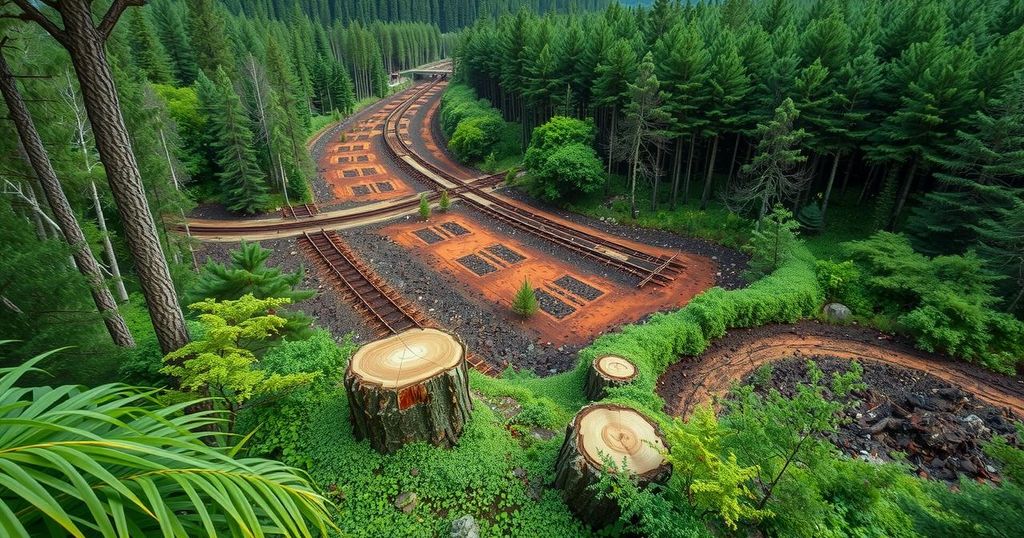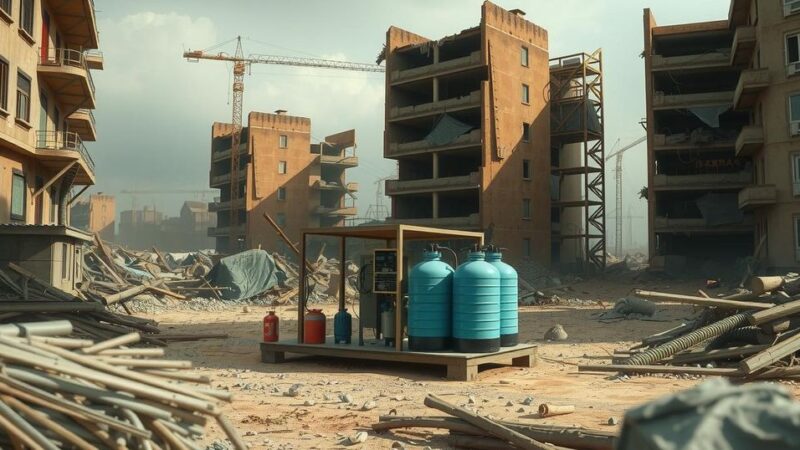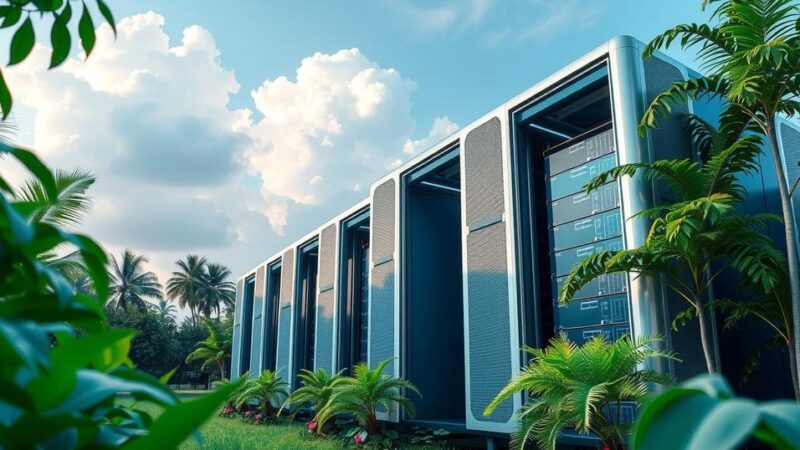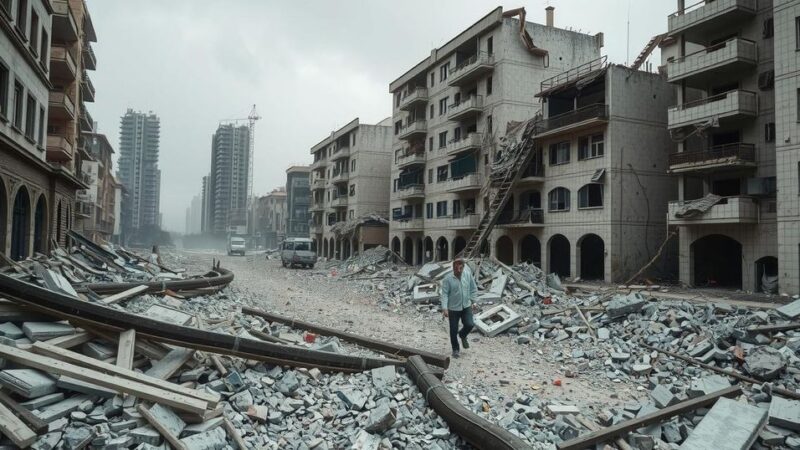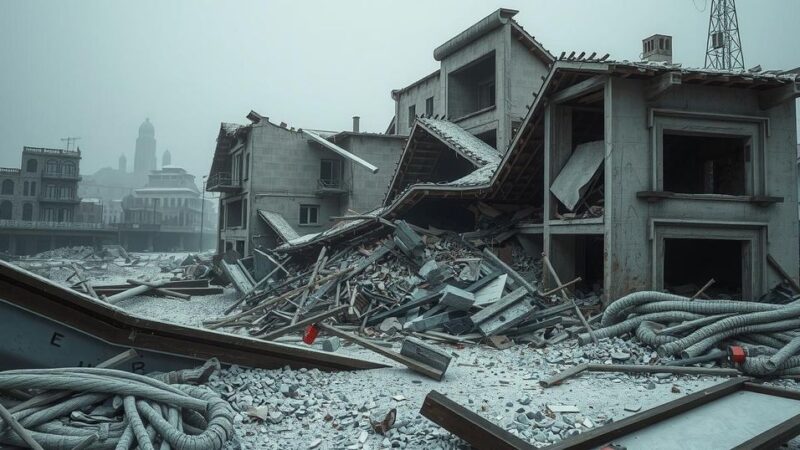A new highway is being built in Belém, Brazil, for the COP30 climate summit, leading to significant deforestation of the Amazon rainforest. Although described as a sustainable project, it has raised concerns among locals and conservationists about the environmental implications. The Brazilian government has invested heavily in infrastructure to prepare for the conference, while some residents have reported a lack of support after losing their livelihoods due to deforestation.
A significant portion of the Amazon rainforest is being cleared to construct a new four-lane highway in Belém, Brazil, intended for the upcoming COP30 climate summit this November. The highway, named Avenida Liberdade or ‘Avenue of Liberty’, spans eight miles and aims to alleviate traffic for an event expected to attract over 50,000 attendees. This development has sparked outrage among conservationists and local residents, who are concerned about the irony of deforestation for a summit focused on climate change.
Despite the severe impact on the environment, the state government has referred to the highway as a sustainable project. It is positioned next to untouched forest, and although logs have accumulated on the cleared stretch exceeding 13 kilometers, officials claim that infrastructure improvements are necessary. The highway project was initially stalled due to environmental concerns but was revived to accommodate the imminent global climate conference, involving various other infrastructure initiatives as well.
Brazilian President Luiz Inácio Lula da Silva emphasized that this summit would be a “COP in the Amazon” rather than merely discussing the region’s environmental challenges. Additionally, Adler Silveira, the state secretary, highlighted this highway as one of 30 projects aimed at modernizing Belém. Plans include wildlife crossings, bicycle lanes, and solar lighting, alongside new hotel construction and port redevelopment for cruise ship access to meet visitor demands.
The government has allocated over $81 million for projects, including the expansion of the airport’s capacity from 7 million to 14 million passengers. Local resident Claudio Verequete expressed his distress over deforestation, explaining that the trees he relied on for harvesting acai berries have been removed, and he has not received any financial assistance from the state government, compelling him to rely on his savings.
The construction of a new highway in the Amazon rainforest for the COP30 climate summit raises concerns about environmental ethics, particularly as the summit aims to address climate change. The project reportedly contradicts principles of sustainability, as extensive deforestation is occurring to facilitate the event. Local residents, notably those like Claudio Verequete, are left without support amidst the rapid infrastructural developments designed to welcome global leaders.
Original Source: www.indiatoday.in
